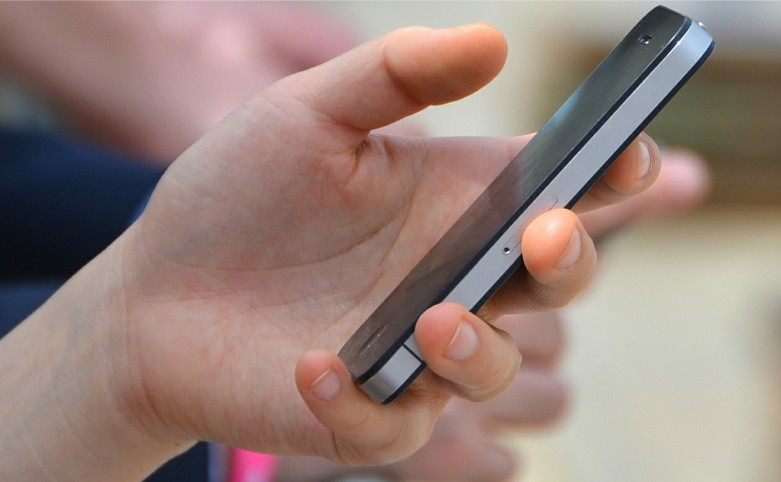
Groups Urge Obama to Protect Our Privacy by Taking a Stand for Strong Encryption
Today marks the one-year anniversary of the “We the People” petition calling on the Obama administration to publicly affirm its support for strong encryption. The petition platform, which is run by the White House itself, promises a substantive response within 60 days if petitioners can garner 100,000 signatures within 30 days. This is no easy lift, but with the support of nearly 50 organizations, the petition reached its goal last October.
Disappointingly, the White House has stayed silent and failed to hold up its end of the deal.
Today Free Press joined a broad coalition of organizations calling on the administration to fulfill its promise, and explaining that while the president has remained silent over the past 365 days, misguided and dangerous efforts to undermine encryption have escalated.
Access to strong encryption is essential to maintaining our right to privacy in the digital age. Yet time and time again, we’ve seen fear-mongering lawmakers and law enforcement officials exploit tragic events to try to push for expanded surveillance and weaker encryption. Leaning on dubious claims that criminals are able to use these technologies to “go dark” — and sometimes on the just-as-dubious claim that we can somehow specifically outlaw such encryption when used by criminals — they often place “backdoors” to encrypted content at the top their list of asks to Congress and the courts.
For example, following the attacks in San Bernardino, California, in December 2015, the FBI tried to force Apple to build a completely new operating system that would undermine its strong security. The FBI made such an outlandish ask to allow law enforcement to break into one of the shooters’ phones.
Fortunately, Apple went public in opposing the request, and the backlash against the FBI was immediate and broad. There were public demonstrations in cities across the nation. More than 40 parties representing a wide variety of interests filed “friend of the court” briefs in support of Apple. Civil liberties groups, Black Lives Matter activists, law professors, major tech companies and iPhone security experts all chimed in. Even the UN special rapporteur on freedom of expression weighed in.
The FBI failed to convince the public that this was about “just one phone” — and privacy, civil liberties and racial justice advocates made it clear that breaking encryption would have dire consequences for cybersecurity across the board. Building vulnerabilities into systems that protect vital infrastructure would jeopardize all of our communications networks and the security of our personal information. These backdoors would also undermine our rights to free speech, freedom of association and privacy.
The FBI dropped its case against Apple, but we can’t keep repeating these kinds of dangerous fights. The Obama administration must make it clear that the United States supports strong encryption and will reject any attempt to undermine our security.
Original photo by Flickr user Adam Fagen